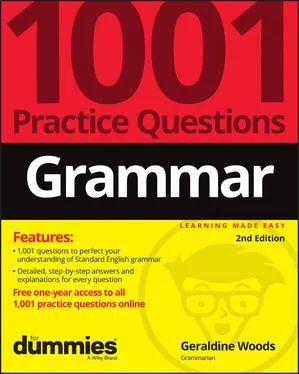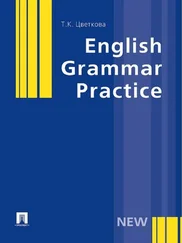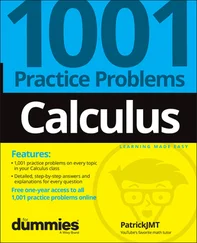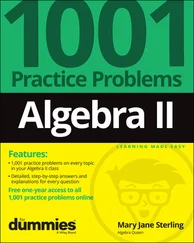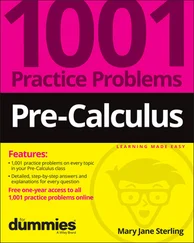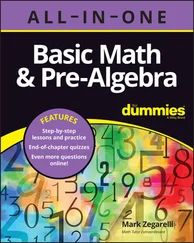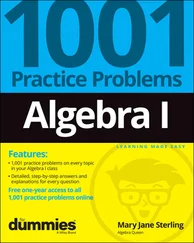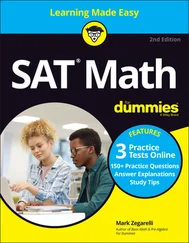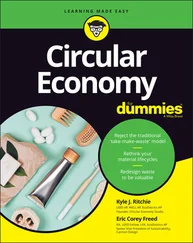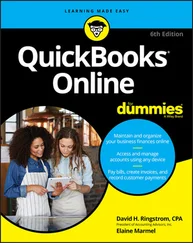108. Your hands _____ (to be, present, obligation) clean before you perform surgery, Doctor!
109. Because she loves that color, Helen _____ (to choose, present, possibility) only green blocks for her playhouse.
110. On Saturday mornings, the whole family _____ (to attend, past, repeated action) Wendy’s softball games and cheer her on.
111. The workers _____ (to pave, past, obligation) the street more smoothly, but they did a sloppy job.
112. Margaret _____ (to jump, past, ability) over the fence easily, but instead, she waited patiently for the guard to open the gate.
113. Enter the house quietly because the baby _____ (to be, present, possibility) asleep.
114. Sophie Garcia, the mathematician in charge of the project, was told that she _____ (to calculate, present, obligation) the odds of failure before making a recommendation.
115. The police detectives _____ (to arrest, present, obligation) Josephine for murder, as they have collected an overwhelming amount of evidence of Josephine’s crime.
116. If he graduates from high school with honors, Walter _____ (to enroll, future, ability) in college and continue on the path to success.
117. Seven hours ago, Otis said that he _____ (to prepare, past, possibility) dinner, but we are still waiting, hungrier than ever.
118. “You _____,” (to continue, present, permission) remarked the teacher as the student hesitated.
119. If it had not rained, Sam _____ (to go, past, condition) for a walk.
120. With a sharp pencil, Eliza _____ (to poke, past, repeated action) through the flimsy paper and then ask for a new sheet to write on.
Creating Questions with Helping Verbs
121–130:Change the underlined portion of the sentence, as needed, to turn the statement into a question. Note: The period at the end of the sentence has been replaced by a question mark already.
121.Mary owns a small but valuable art collection?
122.Bert was carrying a large carton of crayons to the daycare center?
123.Jefferson will attend the committee meeting this afternoon, despite his busy schedule?
124.Gina has too many video games, according to her friend James?
125. After he had chewed his gum for an hour, Steven blew an enormous bubble?
126.The wire between the fenceposts sags so low that cattle cross easily from one field to the next?
127.Deborah is not interested in reading that poem aloud?
128.You will have eaten by the time George arrives at the restaurant?
129.Ellie went to the skating rink when it was closed?
130.The winning essay compared face-to-face communication with social media relationships?
Detecting and Placing Descriptive Verb Forms
131–140 In the sentence, which word or words function as descriptive verb forms (participles) and not as verbs?
131. In the flowing stream, Hank found a little paper boat.
132. Tom, pleased with his high test score, will celebrate with his family this evening.
133. In the last scene of the play, Eliza walks rapidly toward the setting sun.
134. Confused, Daniel is sorting through the instructions for the new computer and printer.
135. The mountains rising majestically in the background are a symbol of nature’s power.
136. The printed word, carrying meaning for centuries, will never be obsolete.
137. “I have done my homework!” screamed Andrew, tired of his mother’s nagging.
138. The research was done by laboratories around the world, all funded by one generous donor.
139. Amelia is performing in the play, although she hates the conceited director, who, hired under a long-term contract, does whatever he wishes.
140. The snake, sunning itself on the rock, slithered away when hikers came near.
Selecting Tense for Descriptive Verb Forms
141–150 Which form of the verb in parentheses works best as a description in the sentence?
141. _____ (to prepare) the room for redecoration, Vincent discovered a crack that grew longer with every tug of the wallpaper he was removing.
142. _____ (to speak) with intense emotion, the actor recites their lines every night without a trace of boredom.
143. _____ (to water) the plants during vacations, Caroline installed an automatic sprinkler.
144. The mayor, _____ (to vow, to fight) crime, will increase the number of police officers.
145. The cat raked sharp claws across the new desk _____ (to stand) in the corner of the living room.
146. His funds _____ (to exhaust), Nelson called home and begged for a loan from his parents.
147. Annie walked ten miles _____ (to visit) her Aunt Marie.
148. _____ (to walk) the entire shoreline this morning, Ed can assure the reporters at tonight’s news conference that all the beaches are ready to reopen.
149. Barbara and Arnie, _____ (to confer) already, will need no introduction when they attend the next meeting.
150. “It’s great _____ (to meet) you!” exclaimed Paul as he shook hands with his new tennis partner, who had never seen Paul before in his life.
Chapter 3
One Cool and One Hot Topic: Forming Plurals of Nouns and Pronouns
Singular and plural nouns are not a hot topic. People sometimes misspell them or mess up an irregular form, but that's about it. In this chapter, I help you avoid these errors by providing singular nouns that you turn into plurals.
Pronouns, on the other hand, have been a hot topic for a long time — centuries, to be exact. In fact, the 2019 Merriam-Webster Dictionary word of the year was they. I discuss the shifting meanings of they, them, their, and theirs in “A Note about Pronouns” in the introduction to this book. Here, I ask you to sort singular and plural pronouns, so you can correctly match pronouns with the words they represent.
The Questions You’ll Work On
In this chapter, you work on questions that cover the following concepts:
Forming plurals of common and proper nouns, both regular and irregular
Creating plural forms of hyphenated and compound words
Tackling difficult pronouns such as everything, one, either, all, some, that, which, who, and so forth
Keep these points in mind when you’re answering the questions in this chapter:
Most nouns form the plural by adding the letter s. For nouns ending in ch, sh, x, s, and z, add es.
Nouns ending in a y change the y to i and add es if the letter preceding the y is a consonant (any letter except a, e, i, o, or u ).
Add s or es to the most important word in a hyphenated or compound noun.
These pronouns are always singular: I, me, my, he, his, she, her, hers, one, everyone, everything, everybody, no one, nothing, nobody, someone, something, somebody, either, neither, each, other, and another.
These pronouns are always plural: our, ours, few, both, several, and many.
The pronouns you, your, yours, they, them, their, and theirs may be either singular or plural. (See “A Note about Pronouns” in the introduction for more information about they, them, their and theirs. )
Relative pronouns (that, which, who) are singular if they refer to singular nouns or pronouns and plural if they refer to plural nouns or pronouns.
These pronouns can be either singular or plural: all, any, most, some, and none. If one of these pronouns refers to a plural (for example, all of the shows, in which all refers to shows ), the pronoun is plural. If the pronoun refers to a singular (for example, most of the air, in which most refers to air ), the pronoun is singular.
Читать дальше
